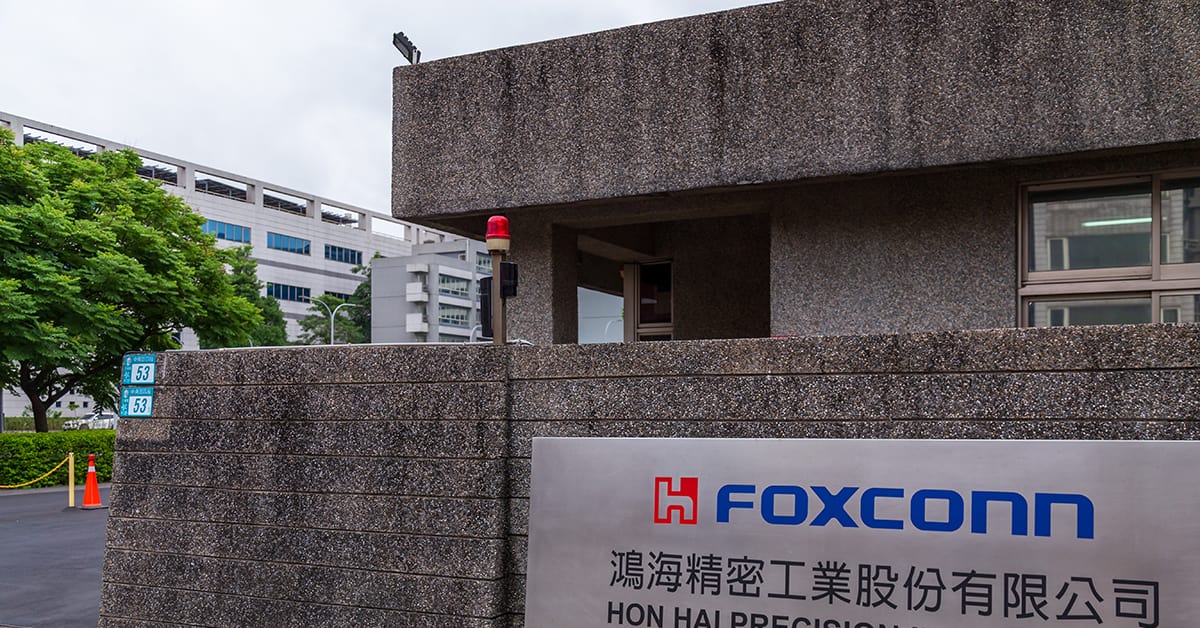Foxconn’s shift toward US production is also in line with the US government’s broader efforts to develop a supply chain that is more resilient and less reliant on other markets.

Foxconn, the Taiwanese contract manufacturer that is the world’s largest maker of electronic parts and servers, is looking to diversify production outside of China in an effort to hedge its bets in the face of rising tensions between Washington and Beijing.
In mid-March, Foxconn announced plans to build electric vehicle (EV) batteries in Wisconsin and Ohio. The company makes phones, notebook computers, servers, networking gear and game consoles, for a who’s-who of the tech world, including Apple, Google, Amazon and HP.
Alongside geopolitical concerns, the move is a reaction to the Inflation Reduction Act, which uses tax credits and other measures to boost demand in the US for the local production of EV batteries and other components. Foxconn’s shift toward US production is also in line with the US government’s broader efforts to develop a supply chain that is more resilient and less reliant on other markets.
Formally known as Hon Hai Precision Industry, Foxconn sharply boosted its focus on local production of EV batteries in 2019 as a way to counteract a slowdown in the smartphone industry, which was then its biggest business line.
Further underscoring the company’s determination to expand its capabilities outside China, a delegation led by Foxconn Chairman and CEO Young Liu visited India in early March and confirmed his commitment to build plants in the sourth Indian states of Karnataka and Telangana. The company is in search of sites to develop iPhone production facilities. State government officials say they anticipated that the Karnataka facility could create as many as 100,000 jobs as part of an investment by the company that could reach $500 million.
Continued deterioration in the relationship between the US and China has created stronger concern over the possibility of military conflict over Taiwan. This is likely to be a major motivation for Foxconn to look abroad. The company’s initial plans to expand its manufacturing capacity in India followed pandemic-related disruptions at its 200,000-worker Zhengzhou plant, which upended the supply chain of Apple’s iPhone. However, Foxconn still has a long way to go in decoupling its business from China, which still accounts for 70% of its total production capacity.



